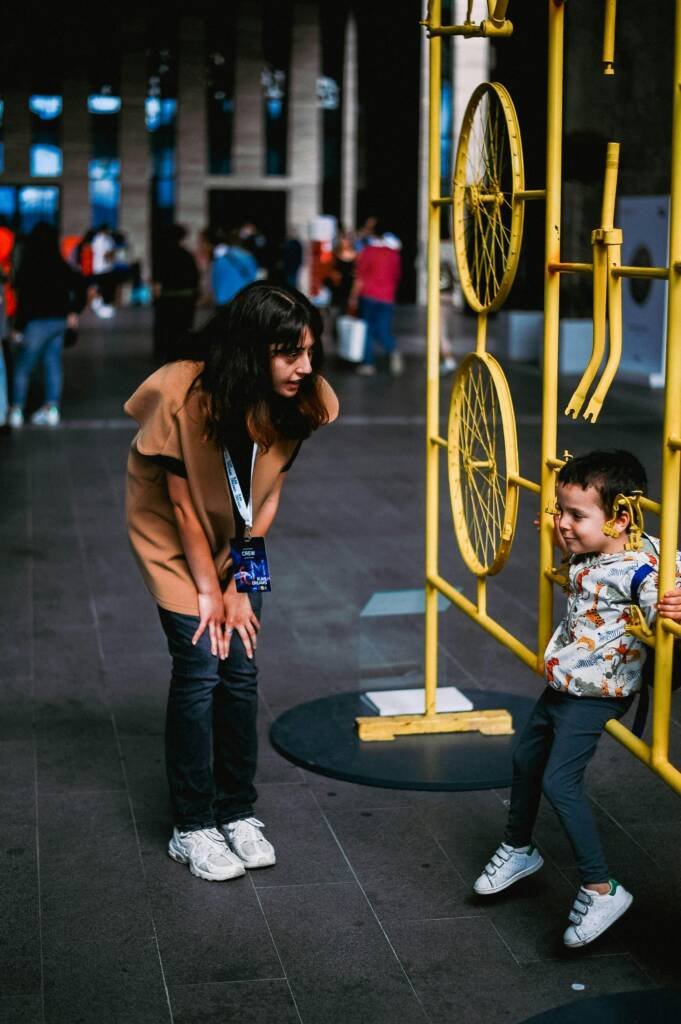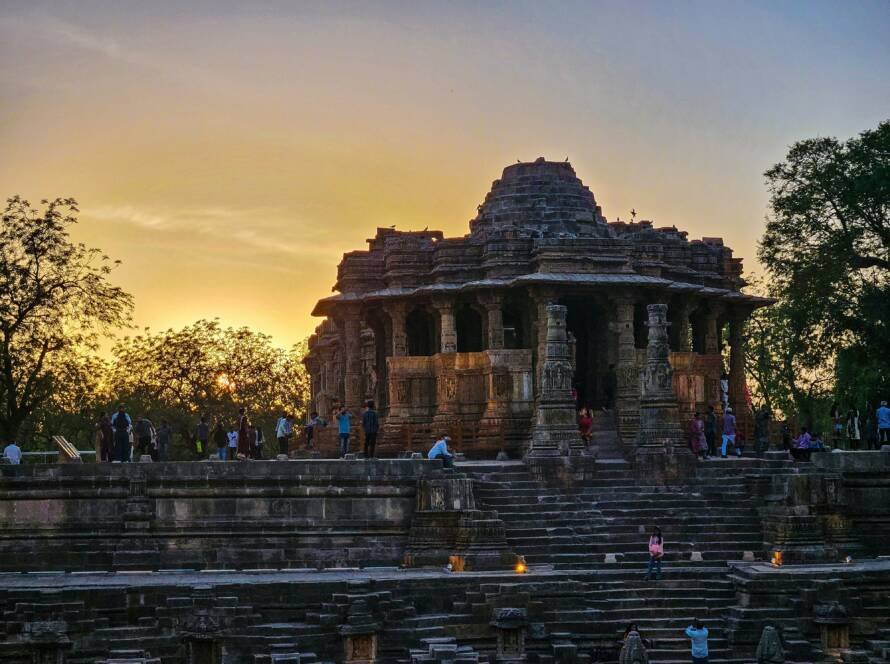Designing Journeys of Transformation, Not Just Lessons
There comes a defining moment in every culture when the educator must rise beyond the delivery of instruction — to become a mentor, a catalyst, a sculptor of minds and souls, shaping not just what is learned, but how life itself is understood and lived. Today, as the world stands on the precipice of rapid technological evolution, rising disconnection, and a fragile moral compass, the need for transformational educators has never been more urgent. Teachers must no longer merely teach; they must awaken.
To educate is not to fill a vessel, but to light a lamp. Yet for far too long, our education systems have rewarded compliance over curiosity, rote over reflection, and results over relevance. In this landscape, the teacher has often been reduced to a deliverer of syllabi, a manager of time-bound tasks. But learning, in its truest form, is not a transaction. It is a sacred unfolding. It is yatra — a journey of inquiry, discovery, and meaning.
The National Education Policy (NEP) 2020 signals a powerful shift towards this vision. It calls upon educators to become facilitators of holistic development — anchoring their practice in values, competencies, critical thinking, and creativity. It recognizes that experiential learning is no longer an option or an enhancement; it is the very core of what learning must be in the 21st century.
But here lies the question: Who will lead this transformation?


Empowered Educators: The Catalysts of Change
Experiential learning demands far more from an educator than knowledge of subject matter. It asks for the ability to design meaningful journeys — where students touch, sense, feel, struggle, question, collaborate, and reflect. It requires the courage to relinquish control and make space for chaos, exploration, and surprise. It needs educators who can create living classrooms — vibrant ecosystems where learning grows organically through experience, context, and relationship.
To make this shift, educators themselves must be empowered. Empowered through professional development that is not a checklist of techniques, but a deep, personal immersion. They must be trained to:
-
Craft learning environments rooted in inquiry and real-world relevance
-
Facilitate dialogue that nurtures empathy, agency, and connection
-
Integrate arts, nature, culture, and storytelling into curriculum
-
Assess learning through reflection and growth, not just performance
-
Embrace uncertainty as a pedagogical ally
This is not just a skill set. It is a mindset. A philosophy. A way of being.
Reclaiming the Civilizational Ethos of Learning
In this journey of empowering educators, we are not charting a new course, but returning to a truth long known. The gurus of ancient Bharat did not teach subjects — they cultivated selves. In the tapovans and gurukuls of old, education was a lived experience — woven with nature, art, service, contemplation, and dialogue. Learning was not confined to a classroom; it unfolded under trees, along riverbanks, in the rhythm of daily chores, and in the silence of self-inquiry.
This was experiential learning in its purest form — not as a methodology, but as a samskara, a life process. Today, when we speak of project-based learning, inquiry-driven models, reflective journaling, or interdisciplinary tasks, we are, knowingly or not, invoking the echoes of this ancient pedagogical wisdom.
Yet we must not romanticize the past. Our responsibility lies not in imitation, but in integration — blending timeless wisdom with modern tools to respond to today’s learners, who are growing up in a world of information overload, social fragmentation, and deep ecological crisis.
The Promise of NEP 2020: Reclaiming the Human Core of Education
India’s National Education Policy 2020 offers a bold and timely call to action. It envisions schools as places of holistic development — where values and life skills matter as much as academic outcomes. It recognizes that teachers are not mere functionaries but key change agents in this transformation.
NEP’s emphasis on experiential, competency-based learning aligns beautifully with the vision of the empowered educator. But policies, no matter how visionary, only come alive through the hands, hearts, and minds of those who implement them.
Empowering educators means giving them not only tools but trust. Not just training, but time to reflect, collaborate, and evolve. It means creating professional development that is not dry and prescriptive, but immersive, participatory, and rooted in real classroom realities.
The Call of the Hour
Today’s learners are not content with memorizing facts — they seek meaning that moves them. They yearn for learning that feels real, speaks to their world, and empowers their voice. They thrive not within walls of uniformity, but in spaces that ignite their curiosity, honour their roots, and awaken their inner purpose. To guide them, we need educators who are not just informed by content, but inspired by a deeper vision of what learning can truly be. We need facilitators who can:
-
Design field-based explorations that connect math to the marketplace, science to sustainability, history to identity
-
Integrate reflection practices that nurture emotional intelligence and ethical discernment
-
Lead learning that is grounded in the local and yet opens windows to the global
-
Inspire learners not just to succeed, but to serve
This cannot happen through policy alone. It requires a cultural shift. A reimagining of teacher education itself — where training becomes a rite of passage into the sacred vocation of shaping minds and spirits.
A Sacred Vocation, A National Mission
Empowering educators is not just a professional imperative. It is a national mission. It is about building a generation of learners who are not merely job-ready, but life-ready — rooted in values, guided by inquiry, driven by compassion, and committed to co-creating a more just and beautiful world.
When a teacher is empowered, a child awakens. When a child awakens, a nation rises.
Let us then invest not just in lesson plans, but in learning plans. Let us not just train teachers — let us elevate them. Let us not prepare for exams — let us prepare for life.
For in the hands of the empowered educator lies the future of humanity itself.
And in the light of experiential learning lies the promise of a world where every child’s learning journey becomes a journey of becoming — fully, freely, and fearlessly.
Let the teacher no longer be the one who merely speaks — let them be the one who listens, observes, and invites. Let the classroom no longer be a cage of conformity — let it be a sanctum of transformation.



